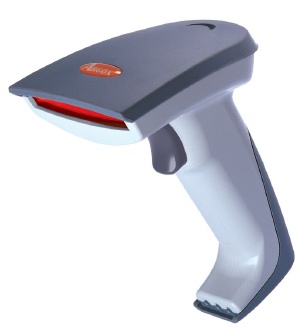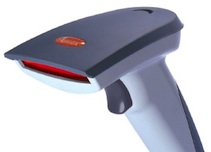 There’s no denying that the location-based service Foursquare has done a great job with regard to partnerships with local merchants. A new blog post today touts that and highlights some examples of how the system is working for both Foursquare and the companies. But underneath that are a few other nuggets of interesting information about Foursquare going forward.
There’s no denying that the location-based service Foursquare has done a great job with regard to partnerships with local merchants. A new blog post today touts that and highlights some examples of how the system is working for both Foursquare and the companies. But underneath that are a few other nuggets of interesting information about Foursquare going forward.
First, Foursquare is going to start rotating specials that users see in the “Special Nearby” tab. The service realizes that users are seeing the same ones over and over again in places they frequent, so they’re going to switch that up.
Second, Foursquare is going to extend the physical reach of some of these offers. Currently, people within about 200 yards of a venue can see a special. And while that works fine in tightly-packed cities, it can be useless in wide open areas. So they’re going to increase that range in those less dense areas. No word yet on how much they’ll increase the range by, but they say it will be “variable” based on location.
Third, Foursquare says it is going to make it more obvious as to why owners of venues will want to designate employees as “Staff” and make them ineligible for deals and mayorship. This is obvious enough, but apparently a lot of venues aren’t doing it and so it’s hard for regular users to get mayorships against people who work there.
But the biggest news is buried all the way at the bottom of the post. Foursquare hints that in the future, the service will try to tie-in Foursquare with pieces of hardware to make it more seamless to use. For example, they mention barcode scanners as one possibility. A barcode scanner with Foursquare capabilities could be useful for both users and partners, as it would definitely reduce the friction for using the service, as Foursquare puts it.
This type of system would be a bit like the Facebook Presence system that Facebook has been toying with for a while (notably with their keg). This system requires people to carry around a card with an RFID chip (such as on an employee badge) that a scanner can then read and automatically check a person in someplace.
